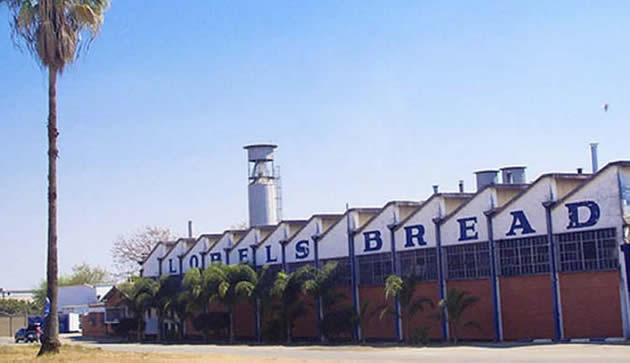EDITORIAL COMMENT: Managers need paradigm shift

 Zimbabwe’s manufacturing industry, with some notable exceptions, has been through a bad period with declining sales. Many things have been blamed: ease of importing, pricing, productivity, lack of modernisation, and bad management. Some of these are valid, and there are good examples showing how they can be fixed, while others are simply red herrings.
Zimbabwe’s manufacturing industry, with some notable exceptions, has been through a bad period with declining sales. Many things have been blamed: ease of importing, pricing, productivity, lack of modernisation, and bad management. Some of these are valid, and there are good examples showing how they can be fixed, while others are simply red herrings.
To take the two red herrings first. These are imports and prices. With the opening of the economy following dollarisation it became easy to import. When goods were in very short supply imports were a flood. Now imported goods are bought by consumers when they are cheaper, better quality or more readily available. Modest duties have given a little boost to local suppliers, but not much. Zimbabwean manufacturers should be able to compete easily in a lot of areas; for a start the transport bills are lower.
Which brings us to the second red herring, pricing. We doubt that any Zimbabwean business is profiteering. The retail trade has slashed margins because of the intense competition. Manufacturing facing similar competition, not so much internal but from imports. The fact that they have found it hard to reduce prices suggests that their costs are higher then their foreign competitors.
So now we are left with productivity, lack of modern equipment and poor management. In many businesses productivity is low, so the labour costs are too high a percentage of the finished article. Far too much of the capital equipment in Zimbabwe’s industries is old, obsolete and inefficient. While there has been some modernisation, too much has been inherited from the days of the closed economy, when almost anything would make money, and needs to be replaced. This is one reason productivity is low; people using 1970s equipment will have 1970s productivity.
But in our opinion poor management is the root cause of so many problems. Some businesses have been a resounding success in the past five years, competing comfortably against imports and still dominating their Zimbabwean markets. And the big secret appears to be that their management has figured out how to do business viably in the new environment.
We can take two major companies listed on the Zimbabwean Stock Exchange: Delta and Innscor. Delta modernised their breweries and bottling lines, retained their excellent customer services and distribution systems, and built new supply chains for essential raw materials.
Innscor have rather rapidly built a vertically integrated concern of food processing, retail and restaurant operations, taking over companies that were in trouble and rebuilding them, fixing the supply chains, and reinvesting earnings at a high level.
Unlike Delta, which had access to SABMiller, its largest shareholder, Innscor have done the job with Zimbabwean managers.
In both cases there are industrial managers who stopped thinking about the old days of legal near monopolies and complaining about the change. Instead they looked at the good new days, figured out how to work in the open competitive markets, reorganised supply chains to fit the new environment following land reform, and using good management rebuilt or created their businesses. .
A third example is the Meikles-Pick n’ Pay joint venture. The South African company appears to have helped sort out management deficiencies and once again we see the same policy of success: good management, reinvestment, and creation of good supply chains stretching into the Zimbabwean farmers and food processors.
Those wandering past Bata shoe stores in the last couple of years will have seen how another manufacturer and retailer has through imaginative management won back so much of what it had lost and was likely to lose.
At the core of the successes is good management and the willingness to embrace, rather than decry, change. For too many decades running a
There are serious constraints in the Zimbabwean economy.
But these are not a total bar. Even if they were alleviated or removed, we doubt that some industries could be revived or created unless this was coupled with managements that had a clear idea of how to do business in the new world.









Comments